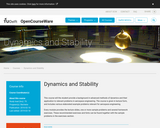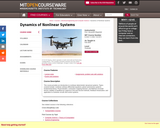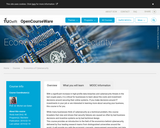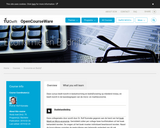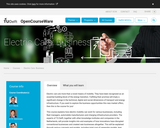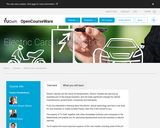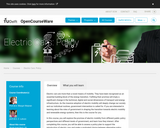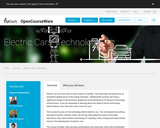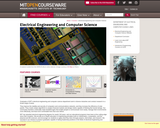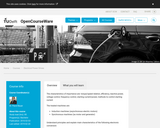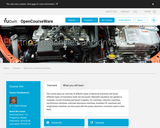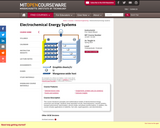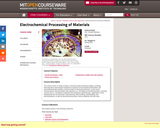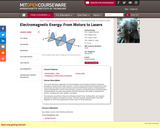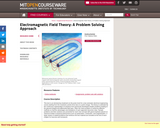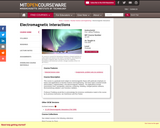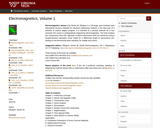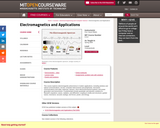Electromagnetics Volume 1 by Steven W. Ellingson is a 225-page, peer-reviewed open educational resource intended for electrical engineering students in the third year of a bachelor of science degree program. It is intended as a primary textbook for a one-semester first course in undergraduate engineering electromagnetics. The book employs the “transmission lines first” approach in which transmission lines are introduced using a lumped-element equivalent circuit model for a differential length of transmission line, leading to one-dimensional wage equations for voltage and current.
Suggested citation: Ellingson, Steven W. (2018) Electromagnetics, Vol. 1. Blacksburg, VA: VT Publishing. https://doi.org/10.21061/electromagnetics-vol-1 CC BY-SA 4.0
Three formats of this book are available:
Print (ISBN 978-0-9979201-8-5)
PDF (ISBN 978-0-9979201-9-2)
LaTeX source files
If you are a professor reviewing, adopting, or adapting this textbook please help us understand a little more about your use by filling out this form: http://bit.ly/vtpublishing-updates
Additional Resources
Problem sets and the corresponding solution manual are also available.
Community portal for the Electromagnetics series https://www.oercommons.org/groups/electromagnetics-user-group/3455/
Faculty listserv for the Electromagnetics series https://groups.google.com/a/vt.edu/d/forum/electromagnetics-g
Submit feedback and suggestions http://bit.ly/electromagnetics-suggestion
Table of Contents:
Chapter 1: Preliminary Concepts
Chapter 2: Electric and Magnetic Fields
Chapter 3: Transmission Lines
Chapter 4: Vector Analysis
Chapter 5: Electrostatics
Chapter 6: Steady Current and Conductivity
Chapter 7: Magnetostatics
Chapter 8: Time-Varying Fields
Chapter 9: Plane Waves in Lossless Media
Appendixes
A. Constitutive Parameters of Some Common Materials
B. Mathematical Formulas
C. Physical Constants
About the Author: Steven W. Ellingson (ellingson@vt.edu) is an Associate Professor at Virginia Tech in Blacksburg, Virginia in the United States. He received PhD and MS degrees in Electrical Engineering from the Ohio State University and a BS in Electrical & Computer Engineering from Clarkson University. He was employed by the US Army, Booz-Allen & Hamilton, Raytheon, and the Ohio State University ElectroScience Laboratory before joining the faculty of Virginia Tech, where he teaches courses in electromagnetics, radio frequency systems, wireless communications, and signal processing. His research includes topics in wireless communications, radio science, and radio frequency instrumentation. Professor Ellingson serves as a consultant to industry and government and is the author of Radio Systems Engineering (Cambridge University Press, 2016).
This textbook is part of the Open Electromagnetics Project led by Steven W. Ellingson at Virginia Tech. The goal of the project is to create no-cost openly-licensed content for courses in undergraduate engineering electromagnetics. The project is motivated by two things: lowering learning material costs for students and giving faculty the freedom to adopt, modify, and improve their educational resources.
Accessibility features of this book: Screen reader friendly, navigation, and Alt-text for all images and figures.
Publication of this book was made possible in part by the Open Education Faculty Initiative Grant program at the University Libraries at Virginia Tech. http://guides.lib.vt.edu/oer/grants
